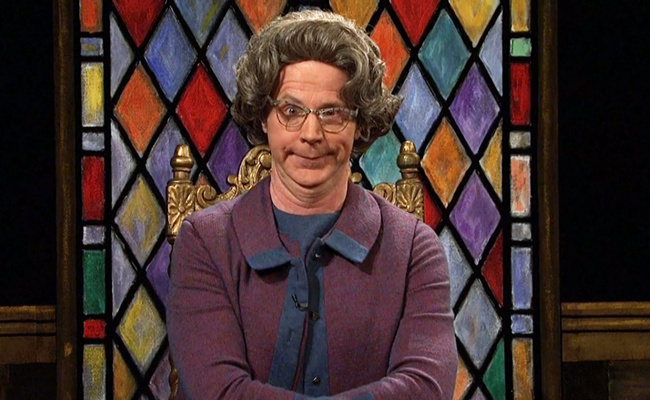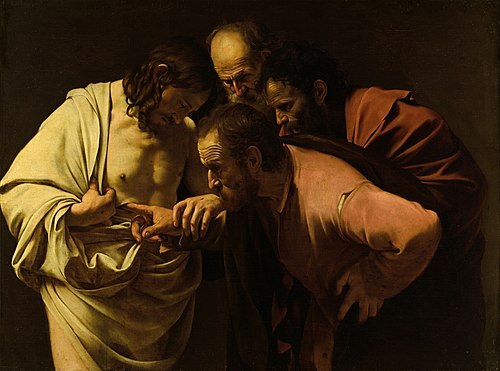Should the Church Hire Non-Catholics
I recently learned that a vital institution within the Catholic Archdiocese that I live in, has hired a Protestant for a senior role - and by senior, I mean the president. Now, this isn't a merely administrative role - it's a role that defines a crucial part of our pastoral and theological direction in the Archdiocese.
As I learned of the decision, I was surprised to know that leadership in the Archdiocese had no misgivings about the appointment. So, apparently, the case needs to be made for why we shouldn't be hiring non-Catholics for key roles within our institutions. Here are my reasons.
1. They do not share in the mission of the Church.
It might be said that they have a share in the mission, but fundamentally they don't share in the mission of drawing outsiders to the fullness of faith, in communion with the Catholic Church. If they did, then they would surely join themselves. But since they don't, they obviously have serious misgivings about communion with the Church which would impede them from encouraging others to do so. And every task, every role, every responsibility should be subordinate to and in the service of that mission. If an individual does not believe in the highest priority, then any effort at a lower rung of that hierarchy will be, likewise, counteractive.
2. The risk of scandal and abuse.
The Church's record of abuse over the past couple generations has been well documented which is why, more than ever, we should be vigilant in our preventative measures. The abuse is obviously bad enough, but the way it jeopardizes the Church's credibility and ability to do missionary outreach is another good reason for such vigilance. Individuals occupying important roles within the Church will be, no doubt, susceptible to spiritual attack and temptation and without the graces that come from communion with the Church, the likelihood of surrender to such attacks is that much greater.
I've argued in the past that abuse cases of the most egregious kind are not examples of faithful Catholics operating according to our teachings, but unfaithful Catholics refusing the Church's guidance for their lives. The sad part is, it's the faithful Catholics who have to carry the condemnation as if it were their own. How much more egregious are such failures if our leadership willfully hire non-Catholics in important roles if they prove to abuse such privileges?
3. It communicates religious indifferentism.
If a non-Catholic can lead our institutions, what does that signal to the community of Catholics in proximity to the institution? If we all know that there are Catholics who are available to fill such roles, but they were overlooked, the message is clear: full participation in Christ's Church is irrelevant- when in fact, nothing could be more relevant to leading from within His Church.
6. They don't have a personal interest in the institution.
As an analogy, which would be better if all other things were equal - to have a governor who lives in the area they govern or one who lives far away from the community? I hope you'd say the former because when you have a vested interest in the consequences of your decisions, you will be more likely to draw from principles of prudence and the common good. If the consequences of your decisions affect you, then you'll make better decisions. A person who isn't Catholic doesn't have a vested interest in our institutions. Poor governance on their part won't affect them the way it would if they were also a member of the community. Thus they lack the incentives to do a good job that a Catholic would have.
5. Financial wealth is transferred away from the community.
I'm a firm believer that Catholics should show preference for other Catholics in their professional dealings. If you need an accountant, lawyer, or tradesperson, hire a Catholic if one is available. The wealth that such transactions produce have the potential to generate a Catholic economy where that wealth can be reinvested among Catholics or in the Church through tithes.
The same is true for wages paid in our institutions. Those wages are paid for by the donations of Catholics. To see such donations vacate the community through wages which will be reinvested elsewhere is a needless drain and financial strain upon our local economy.
Some things seem self evident and this just happens to be one in my mind, but when it isn't obvious enough to decision makers, we apparently need to explain why. Do you think I'm off base in my conclusion? Can you think of any other reasons why we should or should not be hiring non-Catholics for leadership roles in our institutions?
















